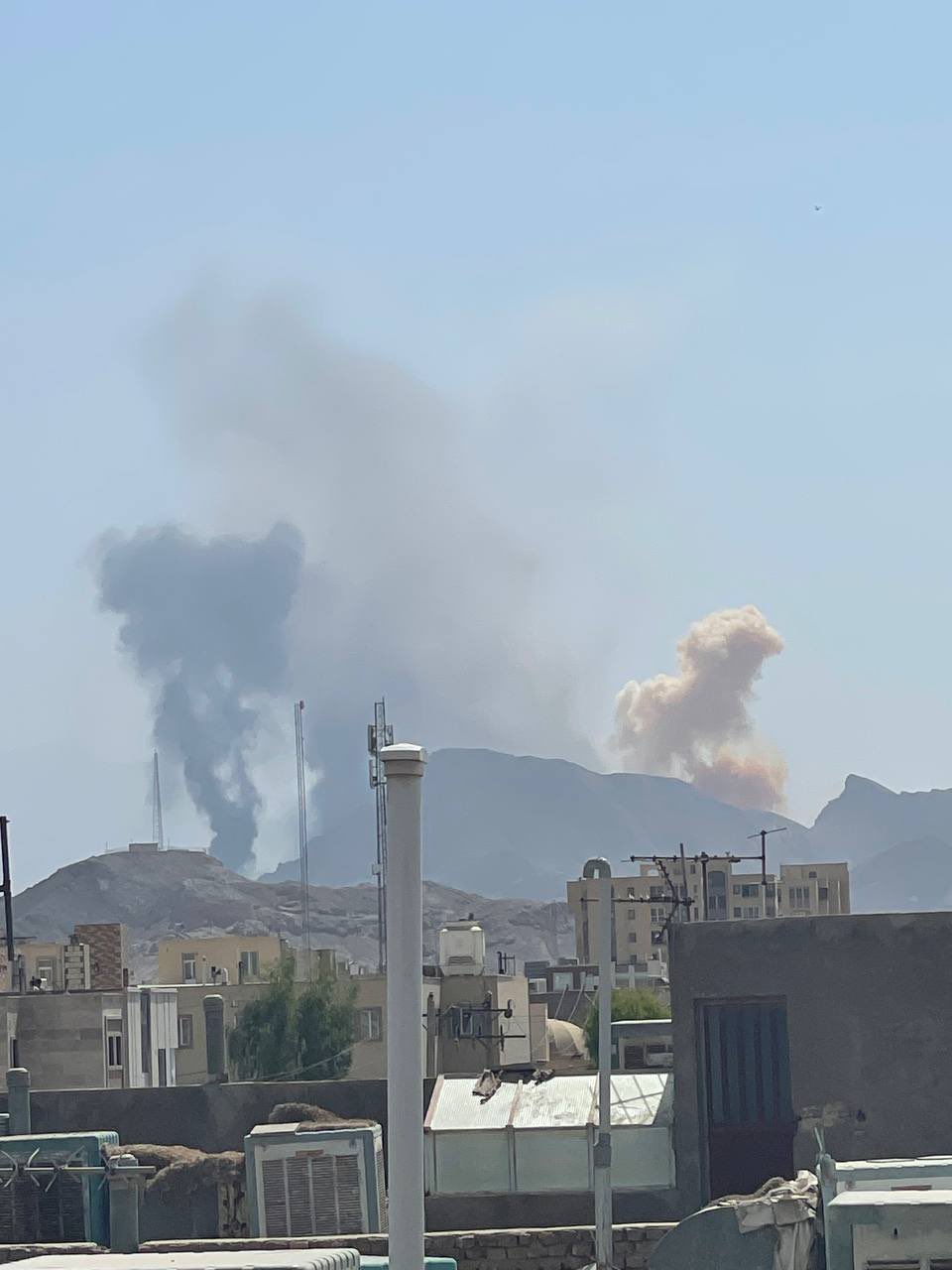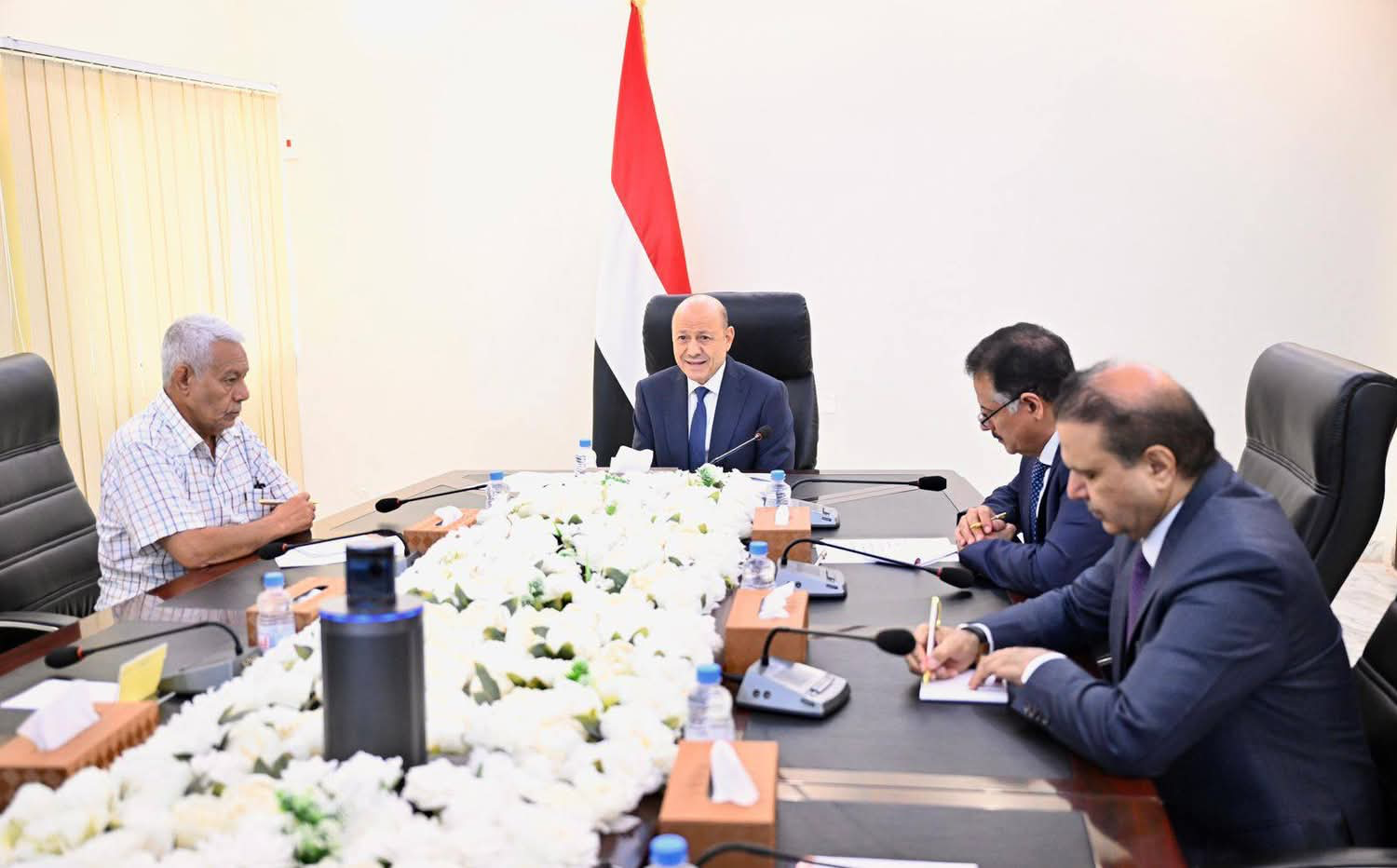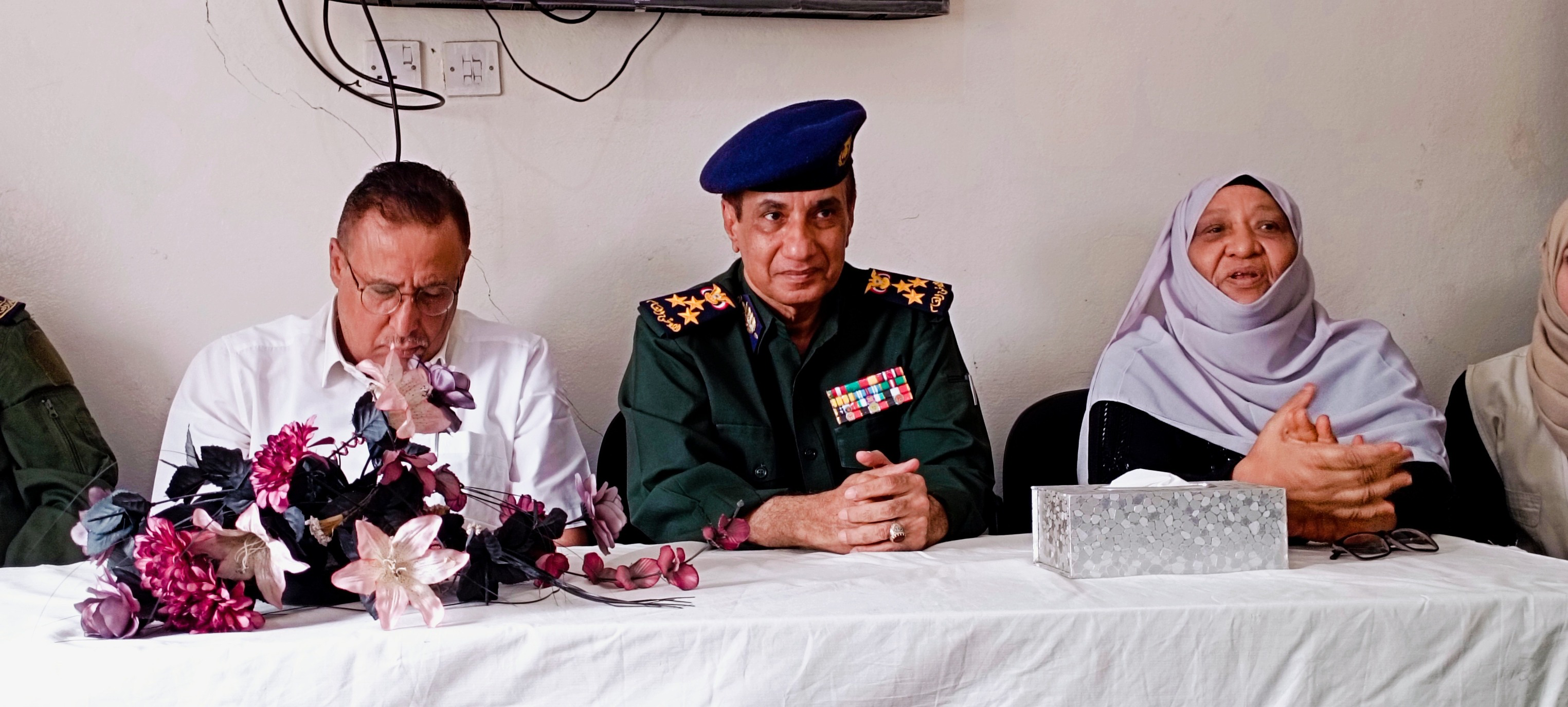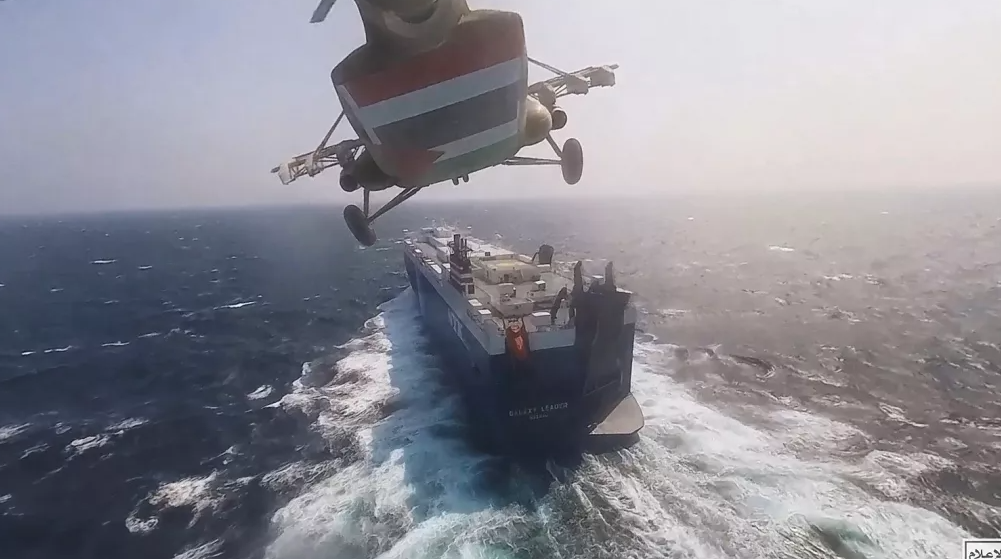
Barran Press +Agencies
The conflict between Israel and Iran entered its tenth day with a dramatic escalation as US President Donald Trump announced early Sunday that American forces had launched precision strikes on Iran's three main nuclear facilities, declaring them "completely removed."
In a televised address from the White House, Trump stated the air strikes, coordinated with Israel, achieved "stunning military success." He confirmed that Iran's key uranium enrichment sites at Natanz, Esfahan, and Fordow were "completely and totally erased." Natanz and Esfahan were hit with 30 Tomahawk missiles, while Fordow, a fortified underground site, was struck by six bunker-busting bombs.
US Defense Secretary Pete Hegseth echoed Trump's remarks, hailing the strikes as "stunning and overwhelming success" that "destroyed Iran's nuclear program" and "eliminated Iran's nuclear ambitions." Hegseth, at a Sunday press conference, clarified the strikes did not target Iranian forces or civilians. He dubbed the operation "Midnight Hammer," calling it the "largest B-2 operational strike in US history," involving 14 massive bunker-busting bombs dropped around 2:10 AM local Iran time.
In Tel Aviv, Israeli Prime Minister Benjamin Netanyahu lauded Trump's "courageous decision," stating, "History will record that President Trump moved to deny the world’s most dangerous regime the world’s most dangerous weapons."
Meanwhile, Iran's Tasnim news agency reported an "enemy aerial attack" on the Fordow site. However, Hassan Abdini, Deputy Head of the Political Section of Iranian Radio and Television, claimed authorities evacuated the three nuclear sites before the strikes and moved radioactive materials to protect residents. Iranian authorities reported no signs of contamination or danger to residents around the central Iranian sites, though the extent of damage and potential casualties remain unclear.
Iranian Foreign Minister Abbas Araqchi condemned the US strikes as "heinous" with "lasting repercussions," asserting Tehran reserves all options for a response.
Iran's Retaliation Threats and International Reactions
In retaliation, Iranian media announced the Parliament's approval to close the Strait of Hormuz, though the final decision rests with the country's highest security body. Press TV clarified that the closure is contingent on the Supreme National Security Council's approval. Sara Fallahi, a member of the Iranian Parliament's National Security Committee, stated that the potential closure would be on the agenda for a special committee session, without specifying a decision date. However, Israel's Yedioth Ahronoth reported the Iranian Revolutionary Guard Corps' naval commander threatened to close the strait within hours.
Iranian President Masoud Pezeshkian vowed to defend national sovereignty, asserting the US would receive an "appropriate response" to its military aggression. Responding to a French call for restraint, Pezeshkian stated, "The United States initiated aggression against us. If you were in our place, what would you do? It is natural for the aggressor to receive the appropriate response." He added, "We faced direct military aggression and responded with steadfastness and power. We constantly affirm our readiness for dialogue and engagement within international laws, but the other side rejects logic and seeks to impose surrender on our people, which we categorically reject."
Regional and international reactions to the US strikes varied, ranging from Israeli praise to a UN call for de-escalation, alongside condemnation from Iran and other nations.
Continued Israeli Bombardment
Following the US strikes, Israel intensified its air campaign against Iran, targeting military sites in several Iranian provinces, including Bushehr, Esfahan, Yazd, and Tabriz. The Deputy Governor of Bushehr confirmed two military sites were targeted in the southwestern province Sunday afternoon. Earlier, local media reported severe explosions in Bushehr, home to Iran's only operational nuclear power plant.
Iran's Revolutionary Guard Corps announced Israel bombed two military headquarters in Yazd province, central Iran. The Mehr news agency reported air defenses intercepted hostile targets over Esfahan, and another interception attempt occurred in Dezful, Khuzestan province.
The Israeli army stated 30 warplanes participated in air strikes on dozens of military sites across Iran, using over 60 munitions. An Israeli military spokesperson confirmed ongoing military operations within Iran, stating the army has a "variety of targets" still being engaged and is prepared for a "prolonged military campaign."
Conversely, the new commander of the Revolutionary Guard Corps, Major General Mohammad Pakpour, vowed to continue "aerospace operations" against Israel. This marks his first public appearance since succeeding Major General Hossein Salami, who was killed in an Israeli strike at the war's outset.





